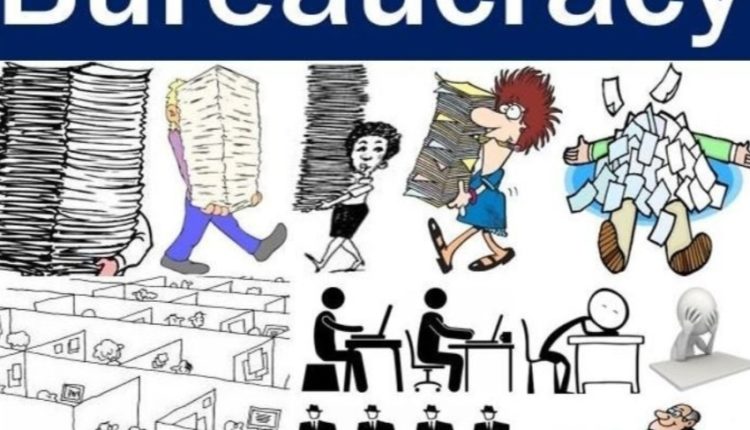Realizing Clean Government, Government Takes Steps to Simplify Bureaucracy Policy
By: Wijiasto Pamungkas (Public Policy Observer / Social Media Activist)
The decision to realize Clean Government in Indonesia began to shed some light. The steps to simplify the bureaucracy are considered effective in order to boost the acceleration of development in order to improve the national economy.
It is common knowledge that the bureaucratic system in Indonesia is known to be tough and complicated. Overlapping rules and asynchronous arrangement of the Law which is considered to have expired. Indonesia does need a breakthrough as a solution to cutting the chain of bureaucracy. Including the reporting mechanism which is also quite troublesome.
A lot of affairs are delegated through ministers, whereas like in developed countries, Japanese ministers are only a political symbol. While the echelon I and II who run the government. Therefore, the country of Sakura looks more advanced than Indonesia.
The Clean Government concept that Indonesia wants to achieve does not only require strong enthusiasm. However, a determination with a tangible form. One of them is a policy of simplifying bureaucracy. The term clean government itself basically refers to administrators who have received the mandate and joint responsibility of related elements in order to formulate a policy and take action or ways to direct, control and resolve community problems that occur within a country.
For clean government provisions as regulated in article 1 paragraph (2) and paragraph (7) of Law no. 28 of 1999 is a state organizer that has the following criteria;
Free from corrupt practices, collusion and nepotism (KKN)
Adhere to the general principles of conducting an honest and clean state
Clean from other despicable deeds.
Uphold the norms of decency, propriety and legal norms.
Meanwhile, in the Decree of the Republic of Indonesia Republic of Indonesia Number XI / MPR / 1998 regarding state administrators who are clean and free of corruption, collusion and nepotism, Article 2 also states:
The administration of the state in executive, legislative and judiciary institutions is required to carry out its functions and duties properly and be accountable to the people of the nation and also the state. To carry out its functions and duties, the administration of the state must apply and act honestly openly and reliably and be able to free itself from the practice of KKN.
Referring to these criteria, clean government can be interpreted as the organizers of the government, whether executive, legislative, judiciary or other officials that have been regulated in accordance with the laws and regulations of a country that also complies with the general principles of running a clean state, and has good faith in order to develop the country and its people. Namely, by upholding the norms of decency, propriety and also legal norms.
Through this the system of the state must also be obeyed. Given the many officials who actually go the wrong way and do practices that are prohibited by law. Not only in one sector, but even SOE-class institutions do not escape the mafia attacks that are troubling the public.
Previously, the Secretary General (Secretary General) of the Ministry of Home Affairs (Kemendagri) Hadi Prabowo asked the Regional Government, especially the Regional Secretary and the Head of the Organization Bureau to identify and map functional and supervisory positions related to the vision to carry out a simplified bureaucratic process.
He explained that the Head of the Organization Bureau must immediately identify the bureaucracy and institutions in each area. Which will later be transferred to functional positions, especially positions that have to do with public services and bureaucratic reform, licensing, investment, and of course mapping, including analysis for transferring to functional positions. The process of bureaucratic reform carried out at the local government level is still directed at its main objective. Namely, in order to do better public service.
No doubt so far there are also many positions that are deemed not functioning optimally. Therefore, the process of transferring functional positions is a quite effective option. Besides being able to improve performance to the community, simplifying the bureaucracy will be able to boost the investment climate. As a first step to advance the national economy.
Hope in the future, through simplification of this bureaucracy will be able to achieve the Clean Government target like other developed countries. Creating new jobs to reduce the expenditure budget deemed unnecessary. Furthermore, cutting bureaucracy on all fronts without exception will increase the sense of responsibility for the duties and roles of officials in public. Namely, encouraging the effectiveness of performance previously deemed less than optimal.
